ACC commissioner Jim Phillips pleads for unity among conferences

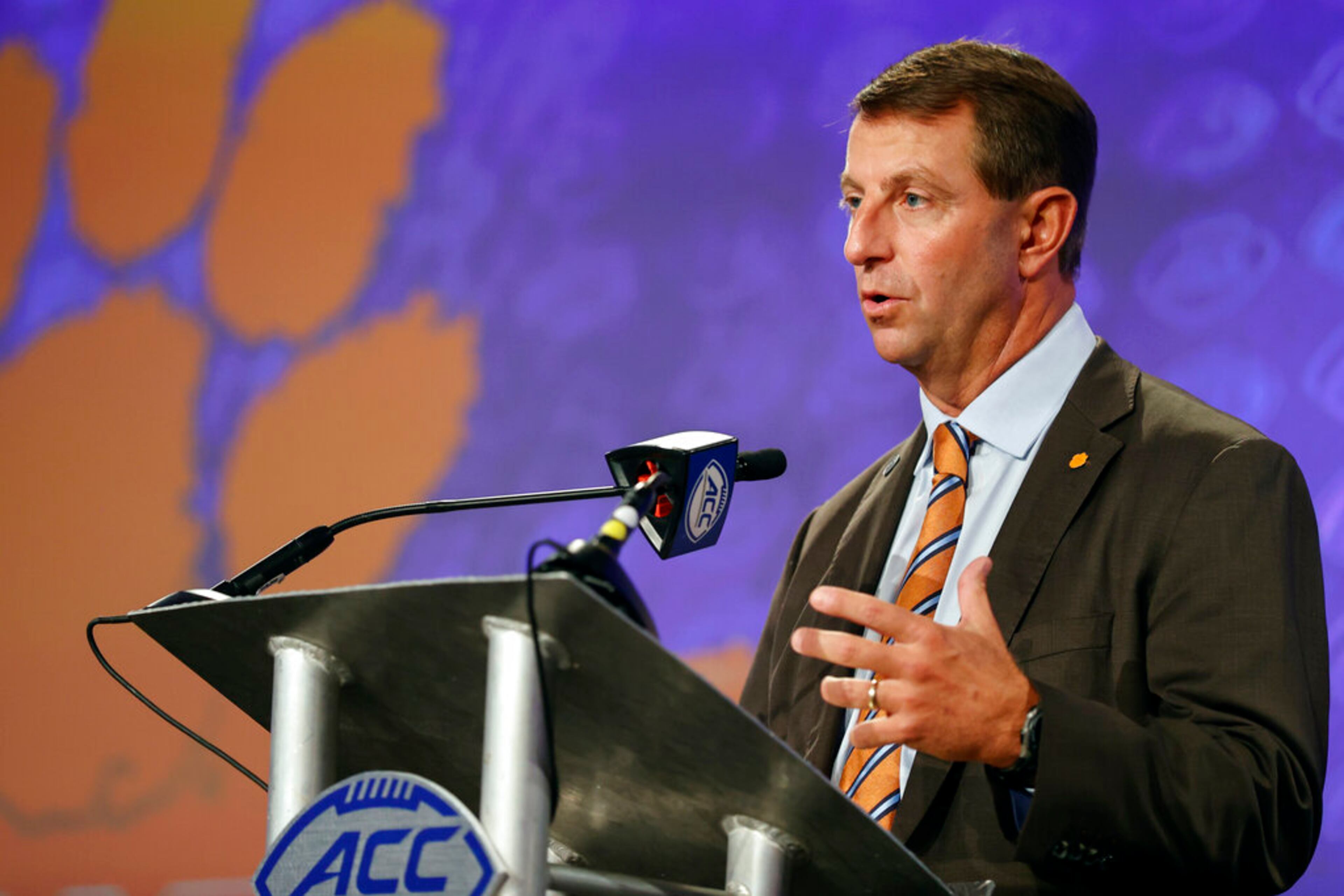





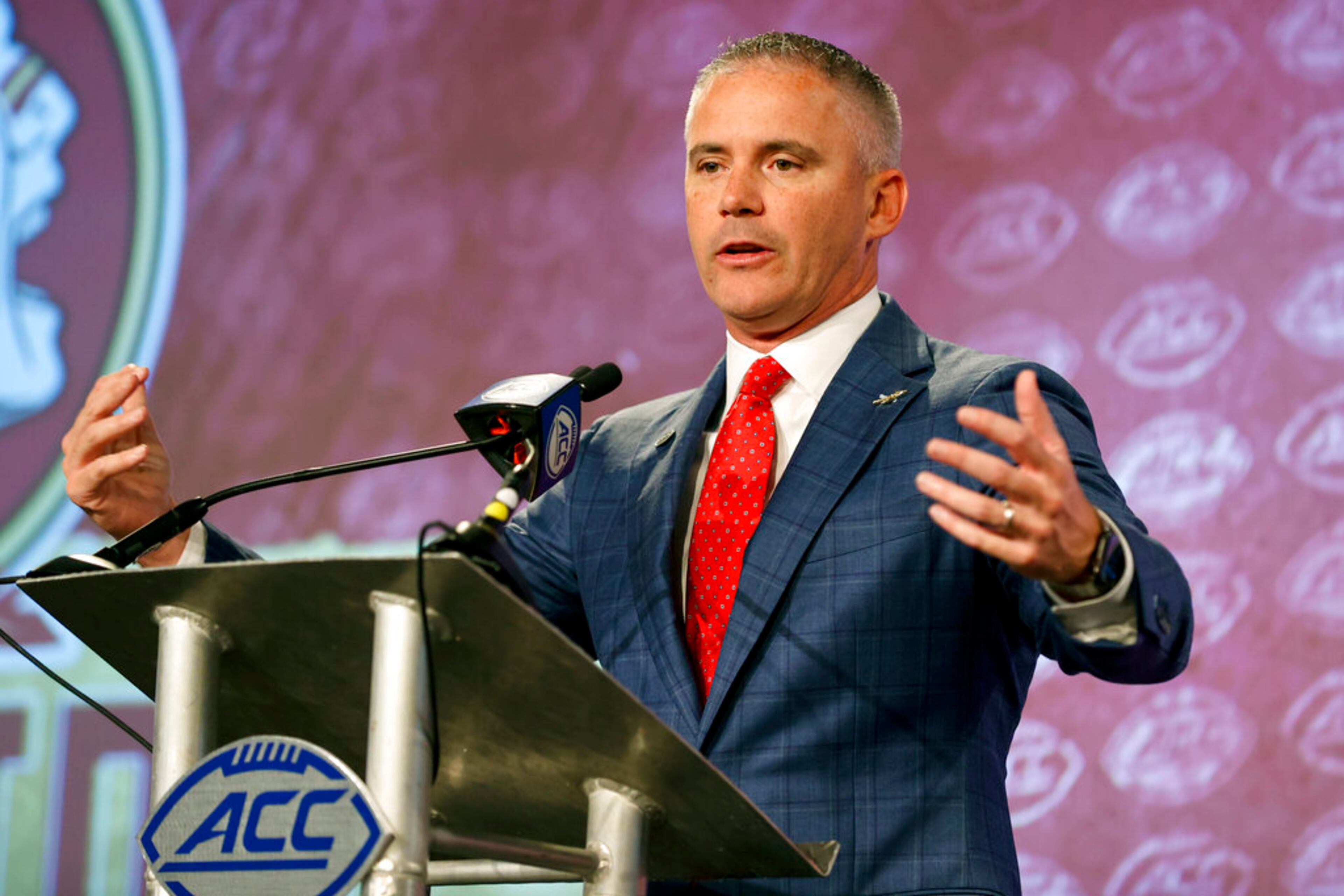

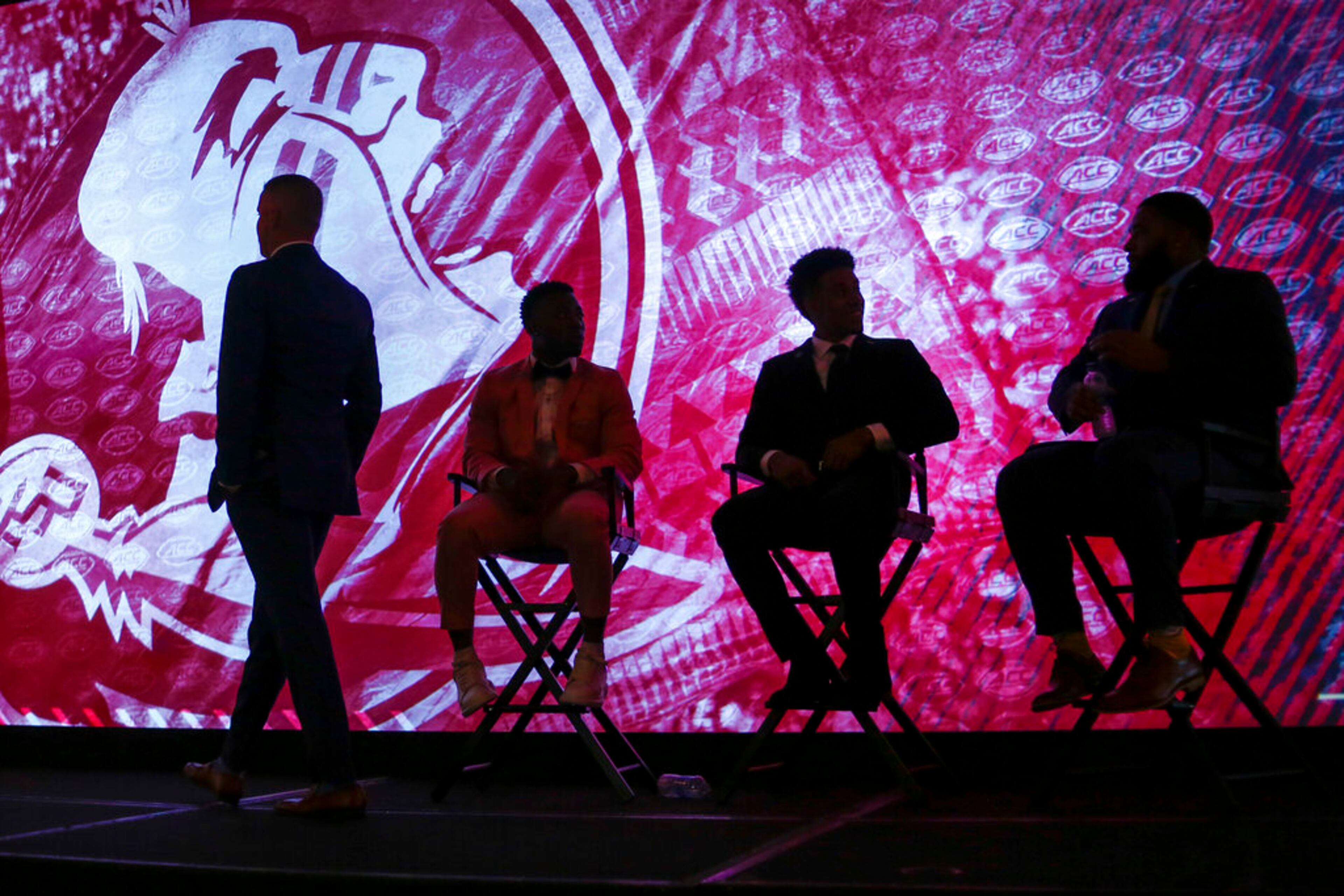

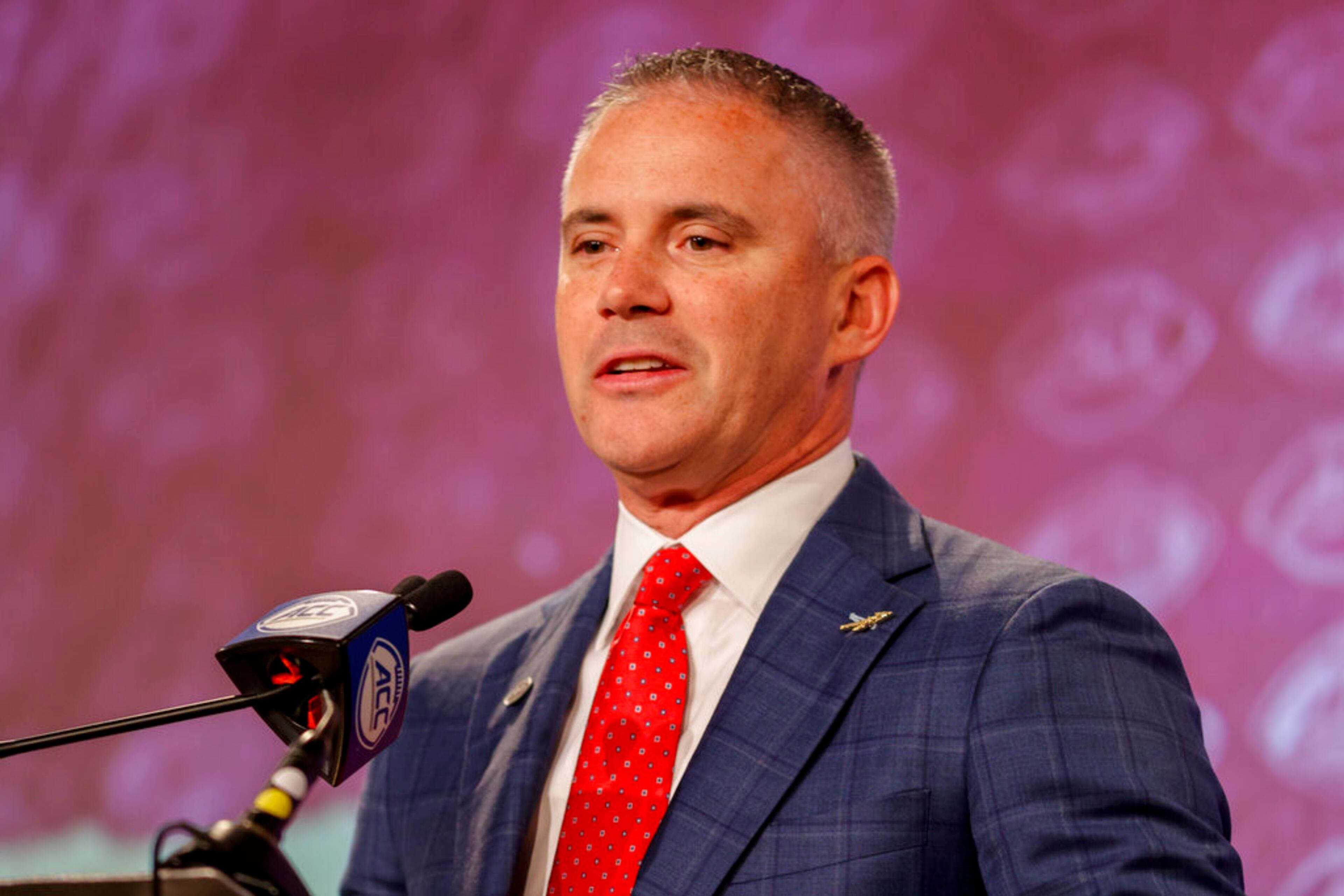


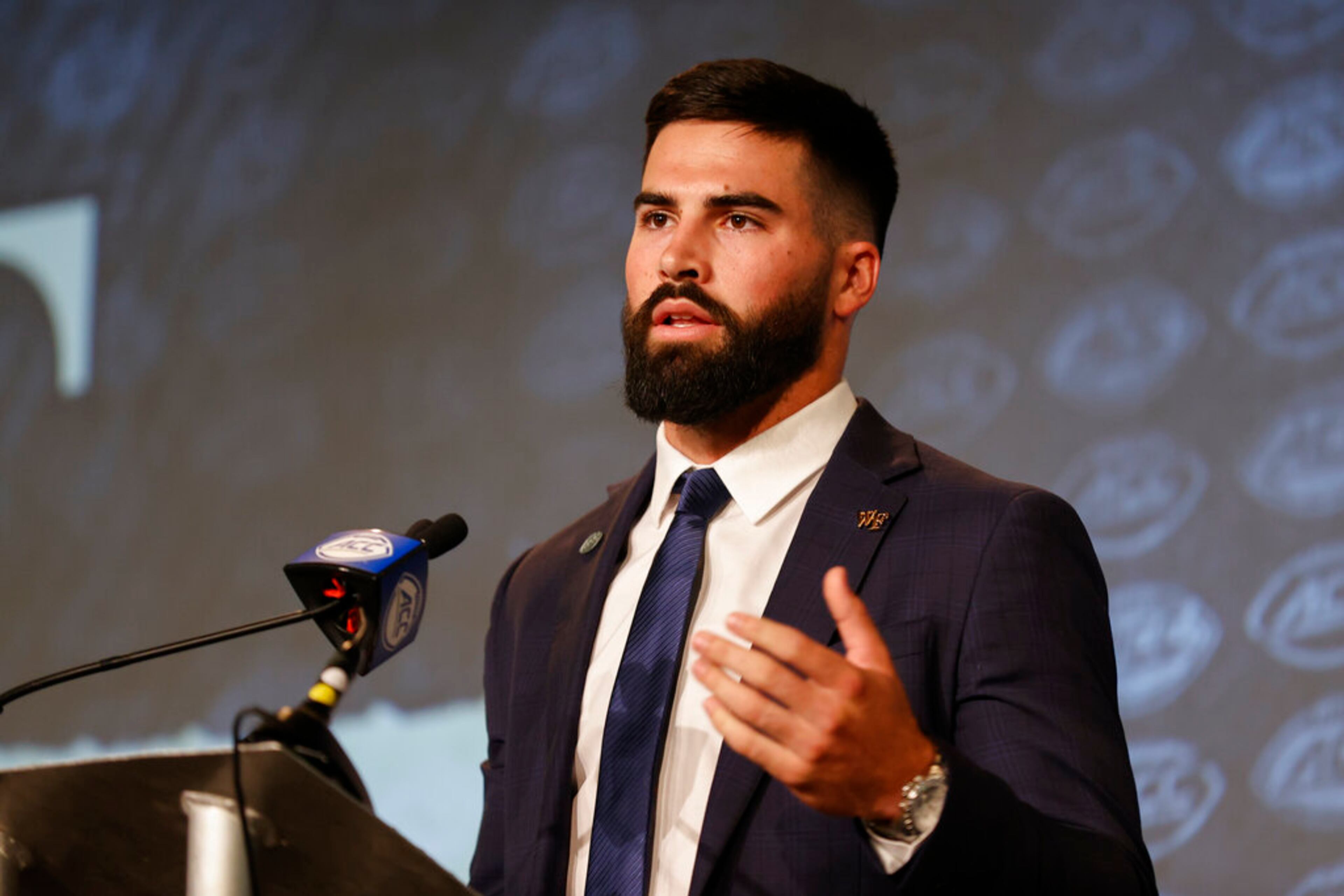
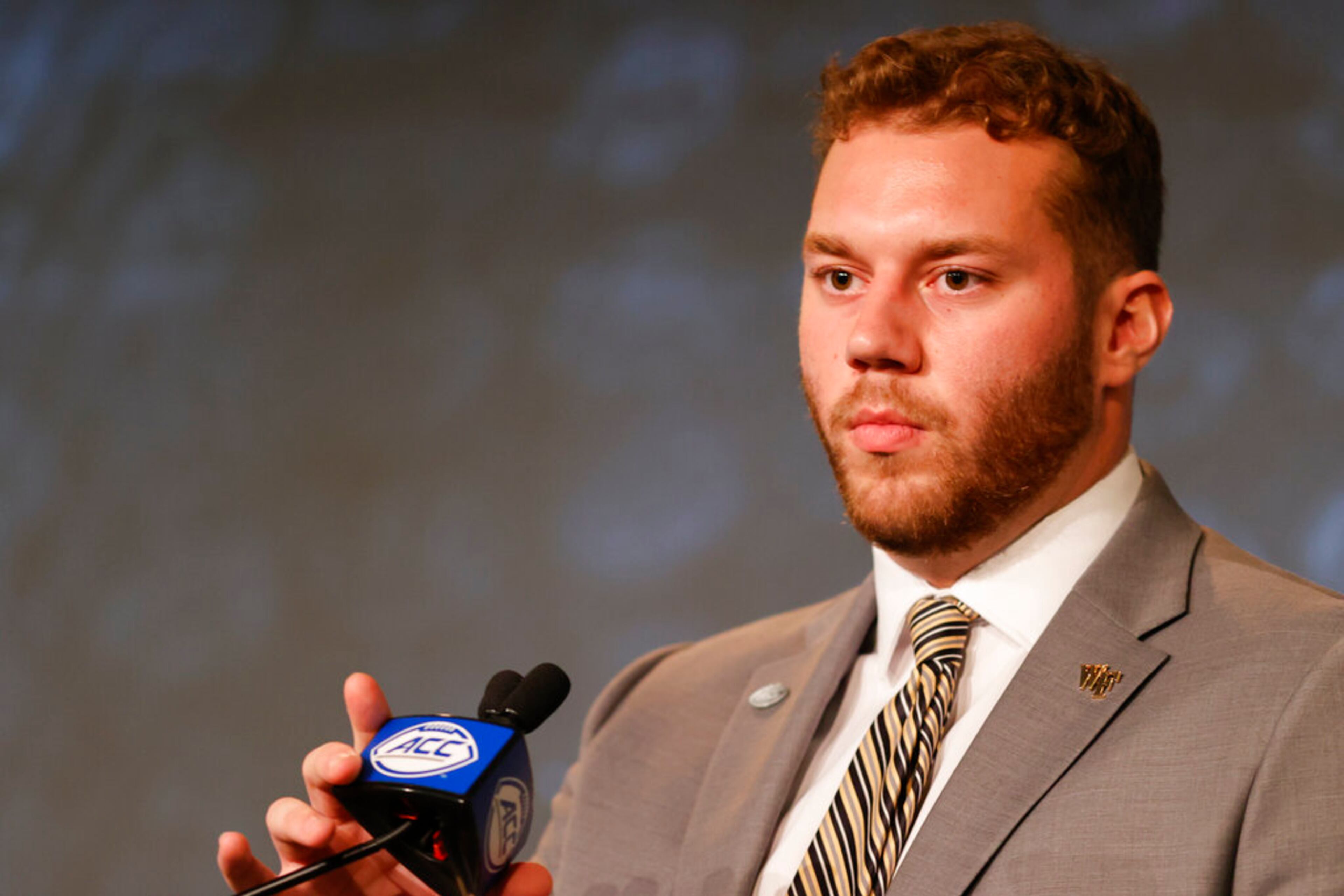

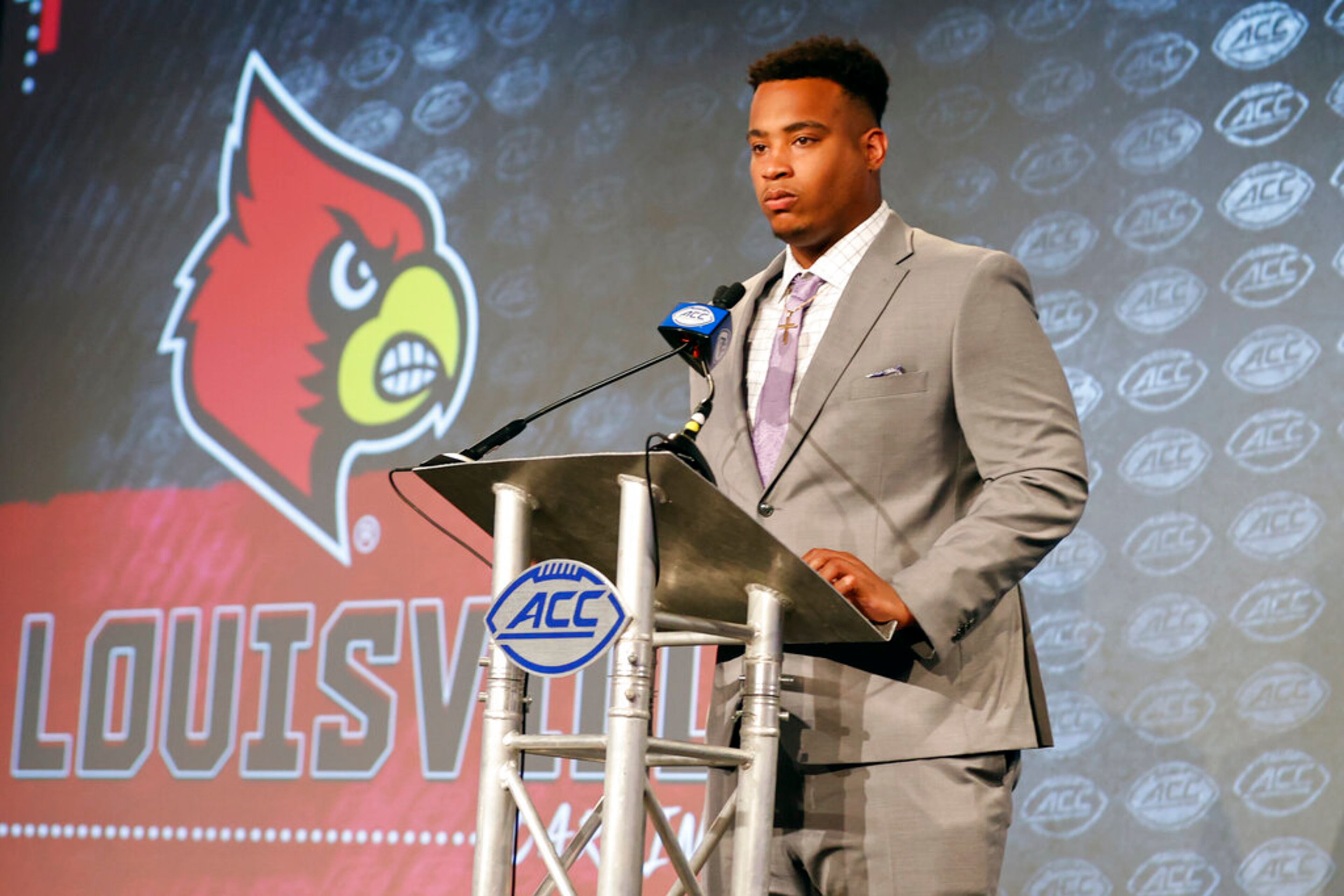

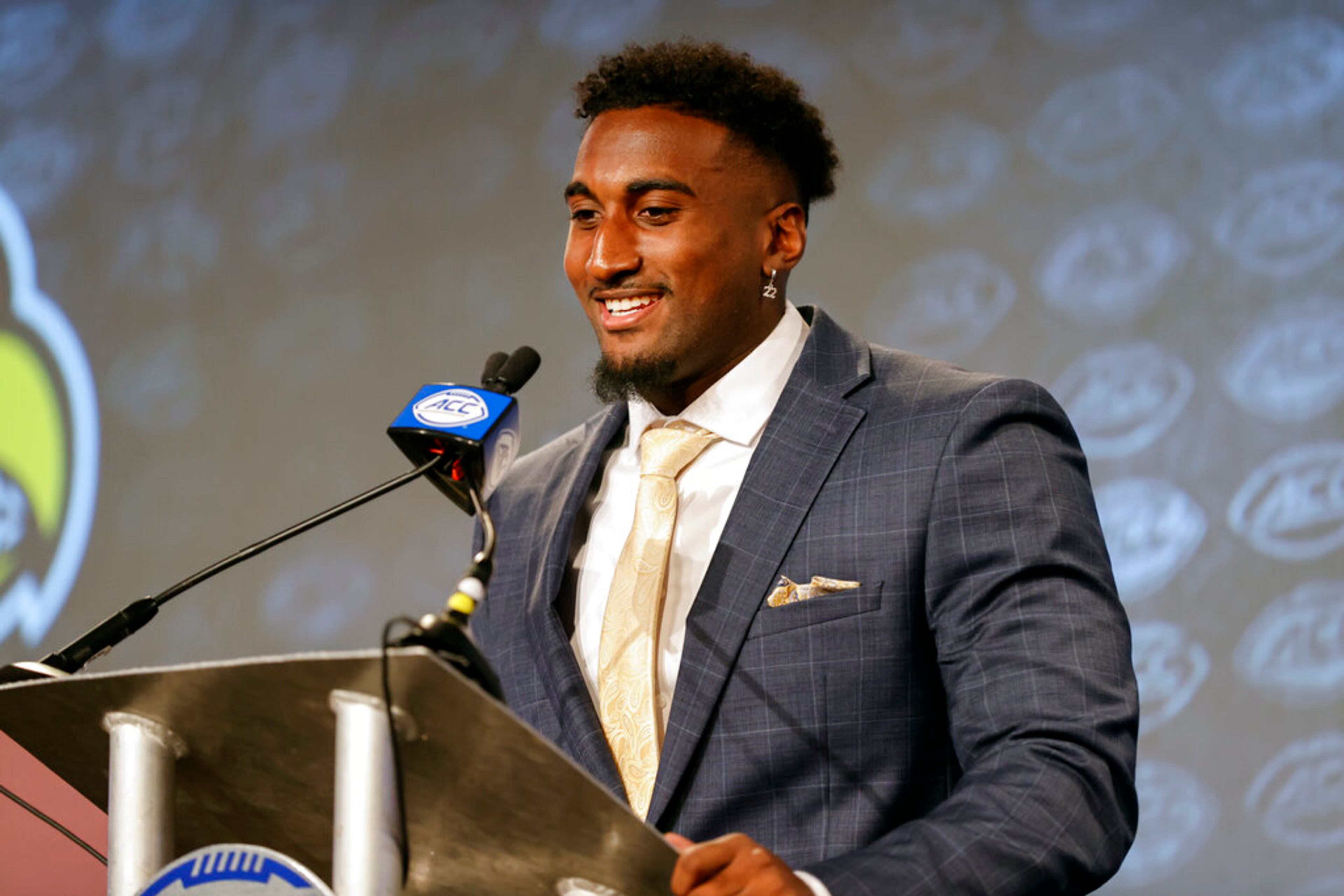



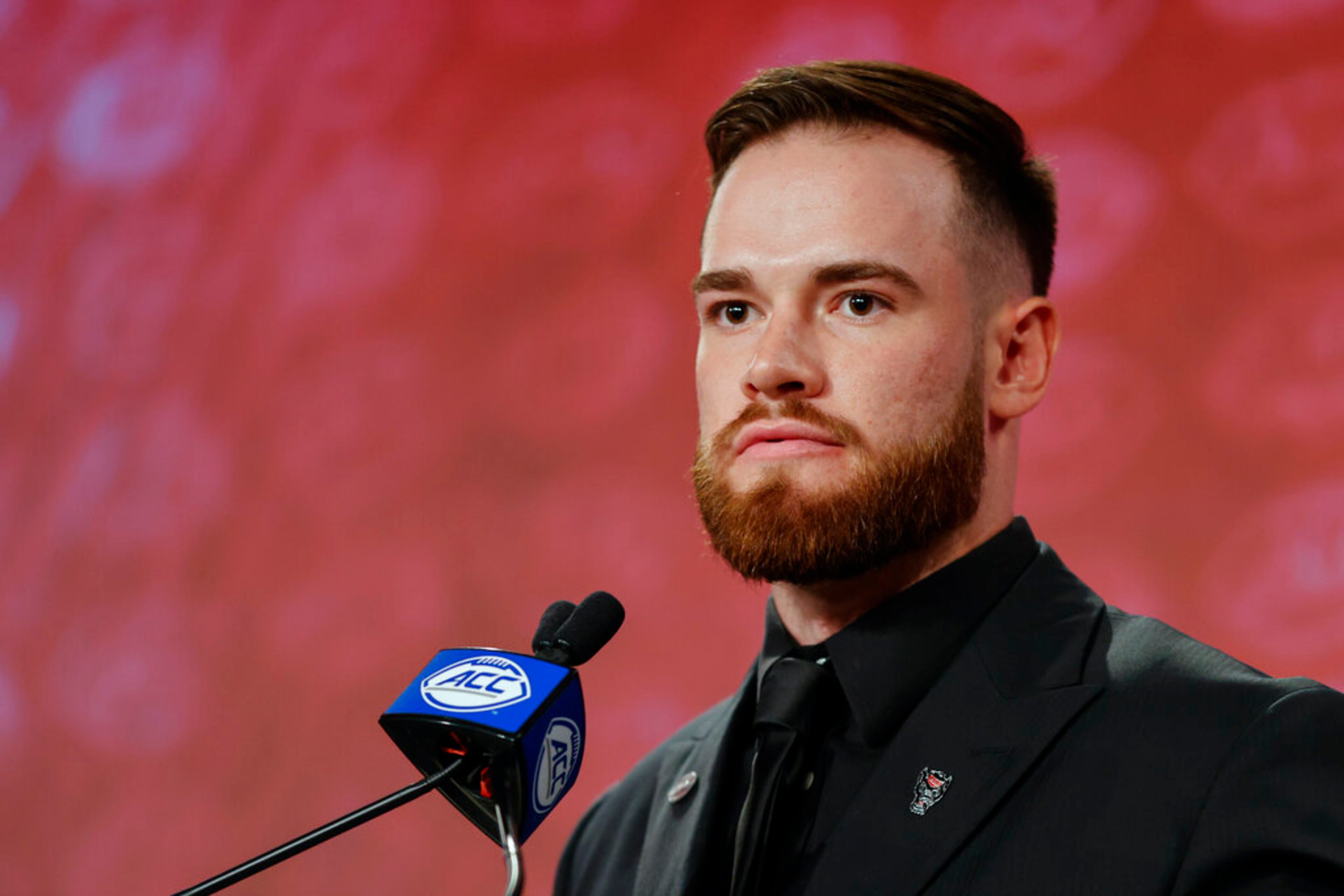

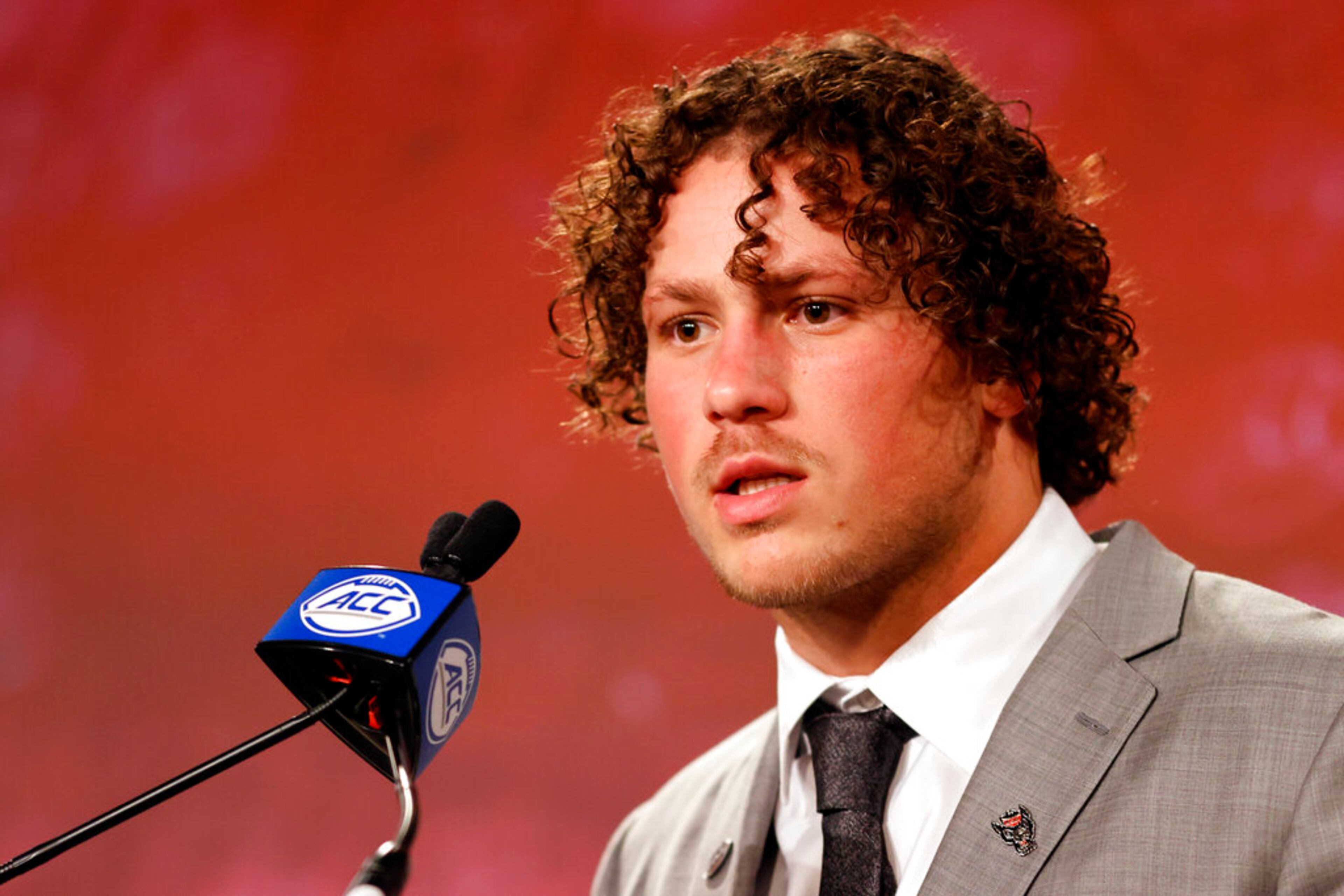
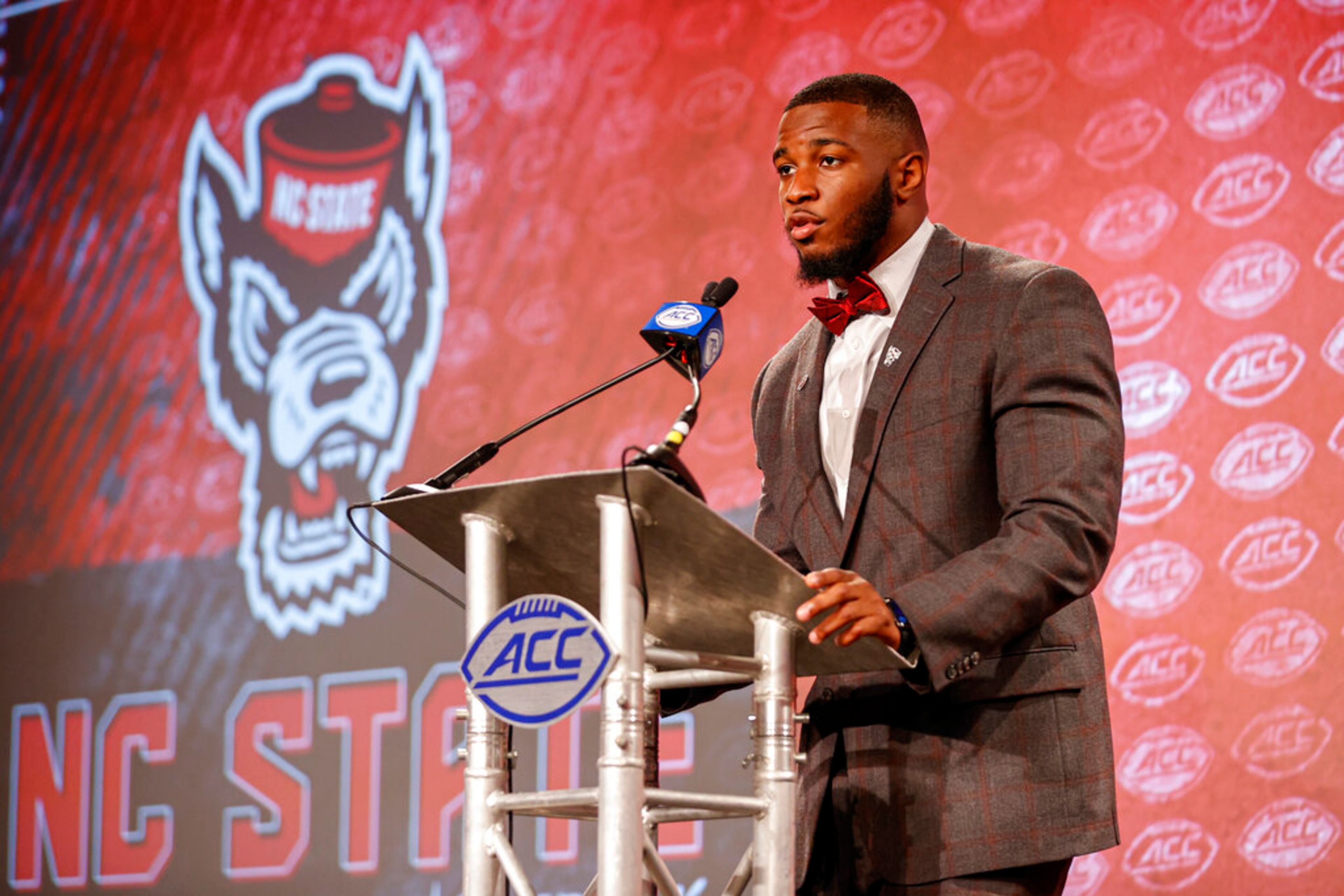







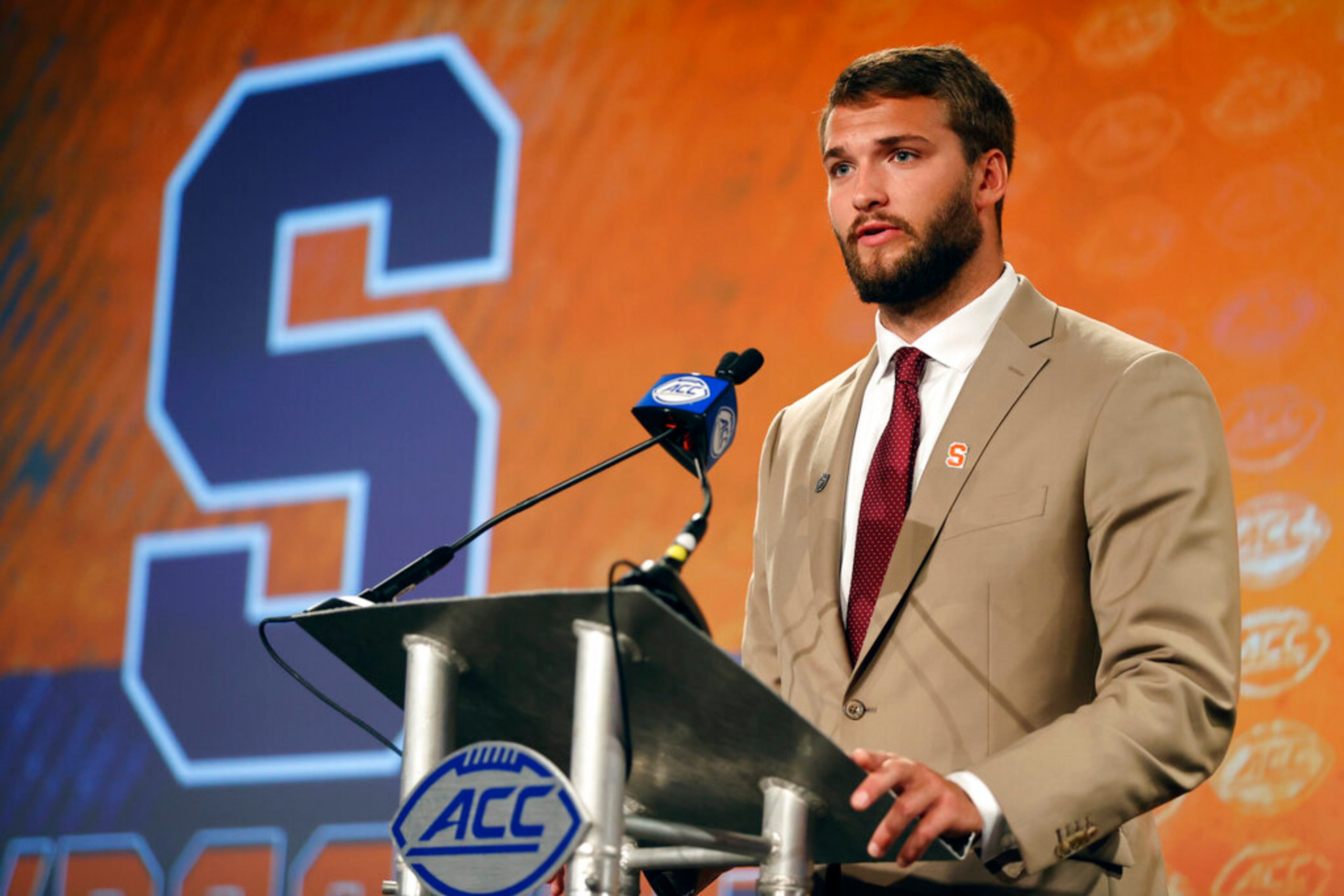
CHARLOTTE, N.C. – A favorite talking point of ACC commissioner Jim Phillips is that, in U.S. history, only the G.I. Bill has provided more scholarship support to young men and women than college athletics.
That is reflective of his perspective of the value of college sports, as was his address Wednesday morning at the ACC Kickoff media event. While TV contracts and the financial value of football perhaps never have been more significant in the college sports industry, Phillips proudly touted the ACC’s breadth of sports offerings – “among our peer conferences, no league will sponsor more sports,” he said. He highlighted the visit that a conference party of more than 45 people – athletes and administrators from the league’s 15 schools as well as conference office staff – took last weekend to Selma and Montgomery, Ala., to learn more about the civil rights movement.
It was from that viewpoint that he addressed matters such as conference realignment and the growing revenue gap between the SEC and Big Ten and the rest of Division I, which have become the most pressing matters in a summer that was jolted by UCLA and USC leaving the Pac-12 for the Big Ten. A main message – everyone needs to play nice.
“We are not the professional ranks,” Phillips said. “This is not the NFL or NBA lite. We all remain competitive with one another, but this is not and should not be a winner-take-all or a zero-sum structure.”
His remarks seemed particularly directed at the SEC and the Big Ten, the latter of which seemingly violated the tenets of an alliance formed between the Big Ten, Pac-12 and ACC to stabilize conference realignment by taking two of the Pac-12′s cornerstone members. The possibility looms that, in time, the SEC and Big Ten could grow into super conferences by absorbing schools from rival conferences (including the ACC) and squeeze out the rest of Division I.
“I will continue to do what’s in the best interest of the ACC, but will also strongly advocate for college athletics to be a healthy neighborhood, not two or three gated communities,” Phillips said.
That said, Phillips did acknowledge that closing the revenue gap on the Big Ten and SEC remains a matter he gives his attention to daily. In the 2021 fiscal year, the SEC generated a reported $833 million, the Big Ten received $680 million and the ACC took in $578 million. The SEC and Big Ten appear poised to move even further ahead.
Phillips said that, regarding possible opportunities to create more revenue, “everything is on the table,” whether that’s sponsorships, ticketing and particularly TV money. That could include, he said, maximizing TV viewership by giving the conference’s most prominent teams the biggest stages. At the league’s spring meetings in May, Phillips told The Atlanta Journal-Constitution that the conference was looking into possible partnerships in the realm of legalized gambling.
Another possibility, he said, would be to alter the conference’s distribution formula so that the schools with the best performance and strongest brands receive a larger share of the pie, a move that could placate and reward the schools that draw more viewers.
“All options are on the table,” Phillips said. “When you look at revenue, you look at closing the gap, you look at generating more, you look at distribution. It all is part of a similar conversation.”
Phillips expressed his confidence in the ACC’s 15 schools sticking together at a time when schools leaving the ACC for the Big Ten or SEC has been widely speculated. The grant of rights that binds the schools – if a school were to leave before the contract expired in 2036, the ACC would retain its media rights and also would be due what Phillips said was a nine-figure financial penalty – undoubtedly is a significant adhesive. He spoke to the strength of the agreement by noting that Texas and Oklahoma are waiting until the Big 12′s grant-of-rights agreement ends in 2025 to leave for the SEC rather than try to get out of the contract and leave early for the SEC.
He went further to say that he felt “really good” about the ACC being the landing spot for Notre Dame if the Fighting Irish were to relinquish their cherished football independence. When the school joined the ACC in 2013, part of the agreement was that, if Notre Dame were to join a league for football, it would be the ACC, at least for the duration of the grant-of-rights contract. That agreement, though, is not included in the grant of rights, and it’s not clear how enforceable it is.
Asked if Notre Dame officials had recently expressed that sentiment, Phillips replied, “No, but I know what was agreed to in principle when Notre Dame joined the conference, and I’ve not heard anything different than that.”
It perhaps was a hopeful answer. Certainly, the Pac-12 could have expressed similar confidence in the Big Ten not plucking UCLA and USC before that happened. On that topic, Phillips said he did not have any remorse about not seeking to enforce the alliance between the Big Ten and Pac-12 with a contract, which could have prevented the Big Ten’s poaching.
“I certainly was surprised what happened,” Phillips said. “I’m not going to be judgmental about that because we’ve all expanded our conferences over a period of the last 10, 15, 30 years.”
It was a graceful response when snark might have been expected. Phillips toils in an era when financial pressures and the pursuit of bigger media contracts have become paramount, leading former Georgia Tech president G.P. “Bud” Peterson to tell The Atlanta Journal-Constitution that college athletics is “totally being driven by money.”
On Wednesday, Phillips did nothing to discount the necessity to increase the ACC’s revenues. But, he remained resolute that Division I schools and conferences work together for mutually beneficial solutions.
“If we take that path that it’s only going to be about football and basketball, that’s a shame on all of us,” he said. “It just is.”



